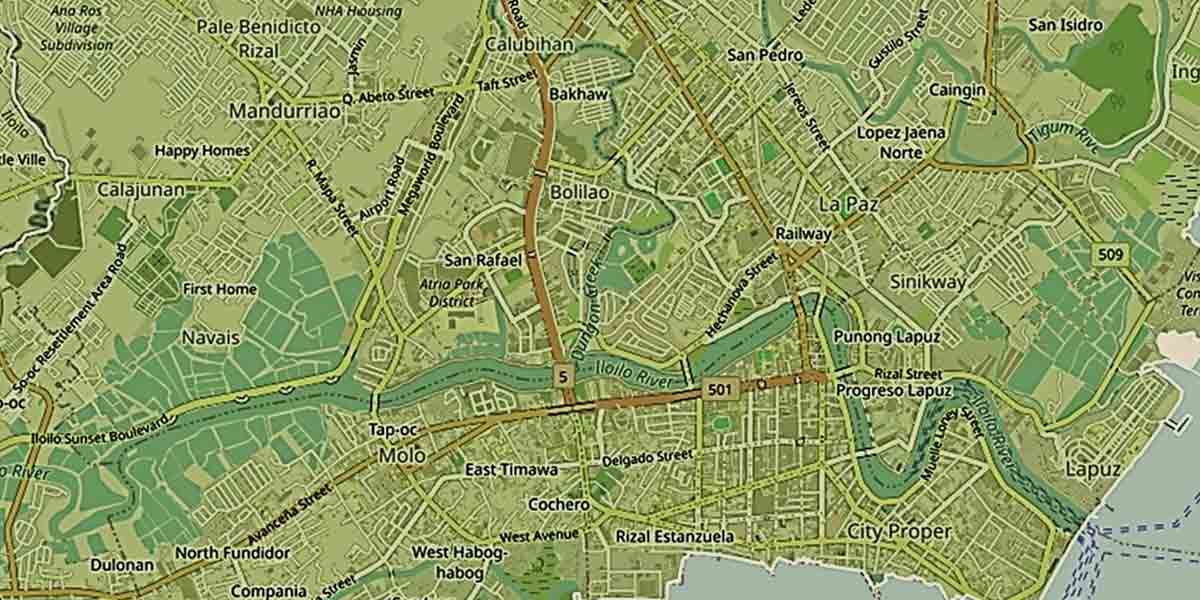The Bangko Sentral ng Pilipinas (BSP) launched a new interest rate swap market on Monday, Nov. 18, 2024, marking a major step toward improving trading and liquidity in the domestic bond market.
The initiative is part of efforts to deepen the local capital markets, which are expected to enhance savings and investments in the Philippines. A stronger capital market also bolsters the transmission of monetary policy.
The Bankers Association of the Philippines (BAP) introduced its enhanced Philippine Peso interest rate swap market (PESO IRS) on the same day.
This comes after last week’s recognition by the International Swaps and Derivatives Association (ISDA) of BAP’s Philippine Overnight Reference Rate (ORR), which anchors the swaps at the short end.
For the first time, 16 banks have committed to serving as market makers for the ORR-based interest rate swaps. They will provide pricing for swaps with maturities ranging from one month to 10 years, enabling a new mechanism to hedge risks or take market positions.
The ORR itself is tied to the variable overnight reverse repurchase rate (RRP), which the BSP adopted last year.
“We are excited for the PESO IRS to go live to help boost transactions, create a benchmark yield curve, and deepen our capital markets,” BSP Governor Eli M. Remolona said.
“A benchmark curve will help banks and other lenders price loans at various maturities. This whole effort is just one of many steps the National Government, the BSP, and Philippine and foreign banks are working on very closely together to achieve these objectives. Foremost among these is to provide the liquidity investors need to invest in our fast-growing economy.”
In addition to PESO IRS, the National Government, BSP, Philippine banks, and foreign partners are pursuing several related initiatives:
- The Bureau of the Treasury recently set procedures for residents of 43 countries covered by tax treaties with the Philippines to pay the agreed treaty rates directly, avoiding the need to pay full taxes and later seek refunds.
- The Bureau of the Treasury is focusing on creating more liquid benchmarks by concentrating issuance and reopening bonds with selected maturities.
- The BSP is preparing to adopt Global Master Repurchase Agreement (GMRA) contracts. These would allow the central bank to deliver Treasury bonds to banks during repurchase agreements as part of monetary policy operations. The move is expected to enhance the government securities repo market by giving banks access to BSP’s Treasuries, which they can repo for additional profit. Familiarity with GMRA could also encourage banks to engage in broader repo transactions, creating an alternative benchmark alongside the PESO IRS.
- The Department of Finance (DOF) has supported legislation to simplify tax rates for passive income and financial intermediaries to deepen the capital market. The government is also exploring measures to make Philippine bond markets more competitive through tax reforms.
Officials remain engaged with credit rating agencies, financial market index providers, and other stakeholders to make Philippine assets more accessible to local and foreign investors. Philippine USD bonds hold ratings of BBB+ from S&P Global, Baa2 from Moody’s, and BBB from Fitch.
In October, JPMorgan & Co. identified the Philippines as one of two countries “on the radar” for inclusion in its Government Bond Index-Emerging Markets (GBI-EM) index.
“For the central bank, this will make it easier for the BSP to transmit monetary policy, maintain price stability, and promote sustainable growth and job creation,” Remolona said.
“This means interest rates will be more transparent, benefiting SMEs and consumers seeking loans to expand businesses or make significant investments.”






















